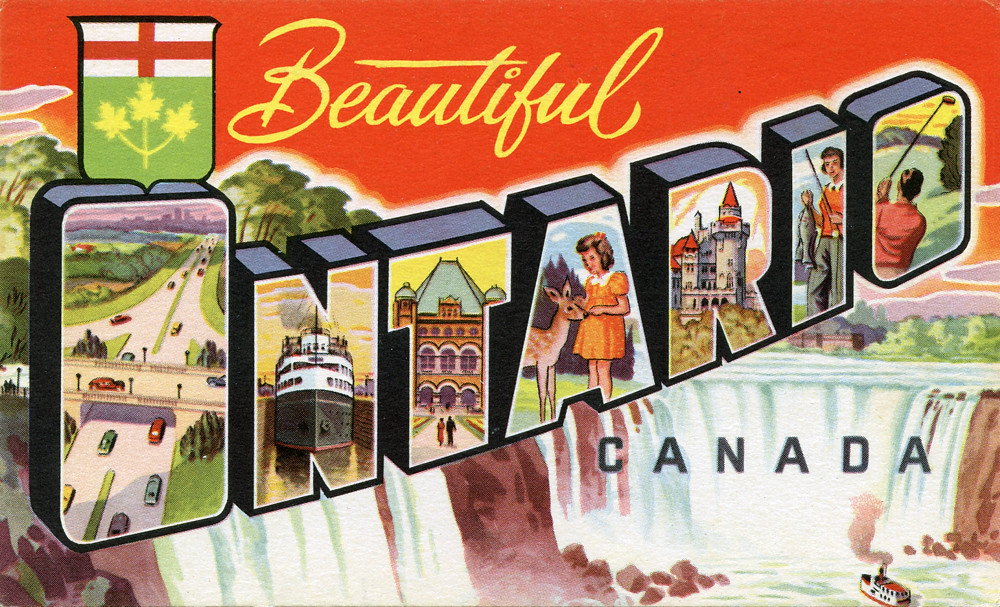
The purpose of government is to do the best things for as many people as possible. This can run from making decisions on taxation to something as simple as whether they can play online casino games and poker. In Ontario, there could be a bit of buyer’s remorse as they are potentially looking at rejoining the international poker and casino gaming industry, less than two years after they passed legislation that ring-fenced the province.
First to Act…Now Looking to Go Back?
In 2022, the province of Ontario became the first location in Canada to completely withdraw its citizens from the international gaming community. In its place was supposed to be an “Ontario only” setup, known as ring-fencing, which prohibits the citizens from taking part in gaming that goes on outside of the borders of the province. Since April 2022, Ontarians have been excluded from the world when it comes to playing on major poker sites such as PokerStars and 888 Poker.
This did not set well with citizens of Ontario, who loudly groused about how the player pool, critical to the success of online poker, dwindled to nearly nothing (reportedly the casino gaming arena was doing well). Now, that segregation is potentially ending…and it will be dependent on decisions in the legal halls of Canada.
The Court of Appeals in Ontario, which is like a U. S. state’s Supreme Court, will take up the debate on the issue this November. Under discussion is whether letting Ontarians play internationally on online poker sites violates the Canadian Criminal Code. The decision is a concise one – either the Criminal Code allows for Ontarians (who are the only ones who are barred from international play in Canada) to play online poker internationally, or it doesn’t, and the regulations as currently written in Ontario stand.
The motion to determine which way to read the law was filed by Ontario Attorney General Doug Downey. Downey has suggested that several areas of gaming, including online poker, sports betting, and other games of “chance and skill” should be allowed to take part in an international arena. “By permitting players participating in legal online gaming and sports betting to participate in games and betting involving players located outside of Canada, Ontario could channel players away from unlawful gaming and betting schemes operating without any oversight into a lawful alternative that is conducted and managed by the province,” Downey stated in the motion.
The motion was accepted and arguments will be heard on the case from November 26 through November 28. The Court of Appeals would have to rule in favor of Downey’s motion to change the law, but it still would have to go through the Canadian Supreme Court before it could overturn the current Ontario regulations.
The Numbers Never Lie
One of the biggest issues from the start with Ontario’s move to segment its citizens from the international market was its population. While casino games aren’t dependent on player numbers, poker is entirely dependent on having the largest pool possible to get players in the game. This liquidity can either be highly successful – as Pennsylvania has been in the States with the largest population of the regulated states – or it can be a huge problem, as Ontario found out.
With a population of only fourteen million people, the numbers just weren’t there for online poker to thrive. By comparison, the triumvirate of states that were a part of the original Multi-State Internet Gaming Agreement – New Jersey, Nevada, and Delaware – barely cracked the ten million mark for total population. It wasn’t until Michigan came along and joined the MSIGA that online poker began to take off in the U.S.
The issue is that Ontario, with the way its regulations are written, could not join an agreement like the MSIGA or rejoin the international market unless the courts decide to allow it. Thus, for now, Ontario’s poker players must take part in games on PokerStars Ontario, WSOP Ontario, and other authorized outlets. It is going to be an agonizingly long time for Ontarians to wait to find out what the Court of Appeals – and then the Canadian Supreme Court – decide on the case.























